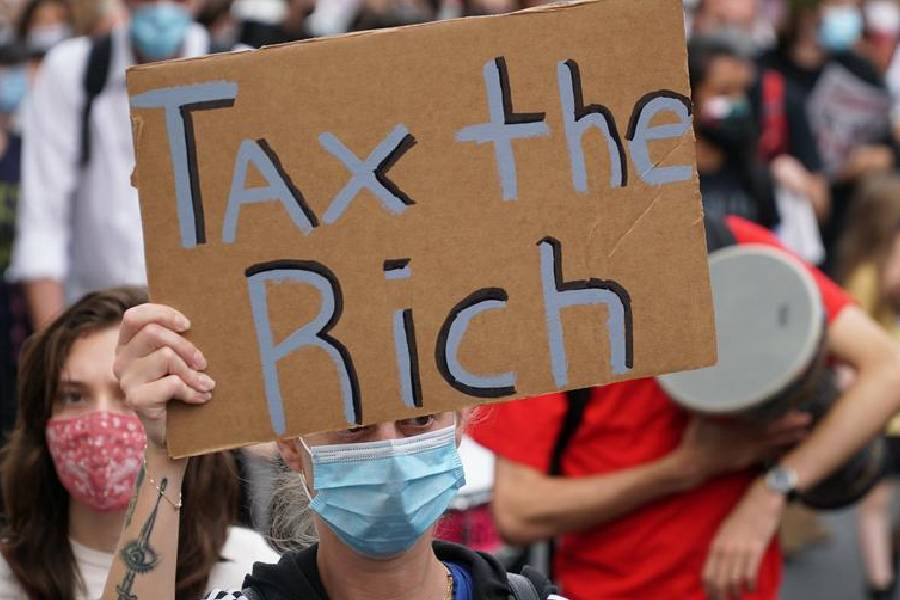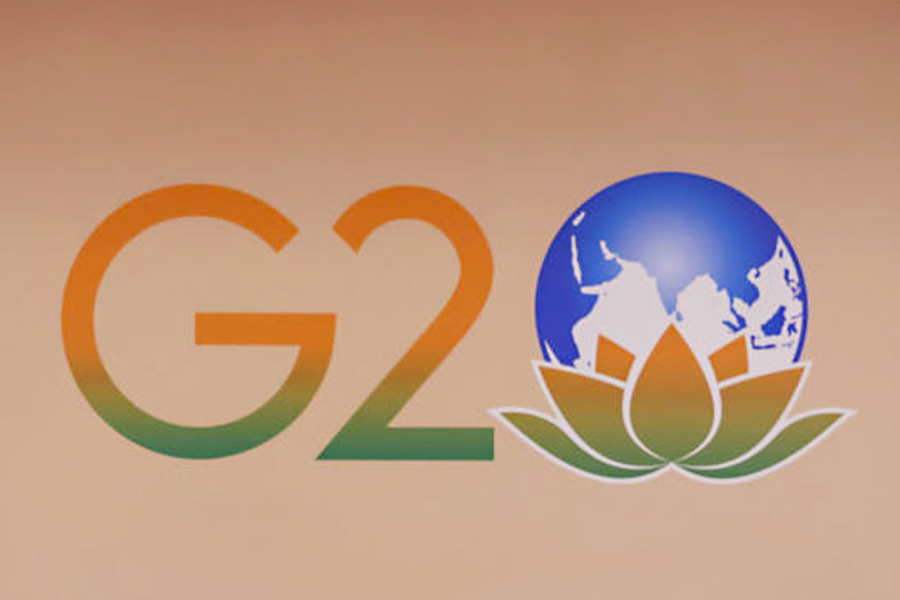Finance ministers from the G20 nations agreed to work toward effectively taxing the super rich, according to a statement adopted Friday after a meeting in Rio de Janeiro.
"With full respect to tax sovereignty, we will seek to engage cooperatively to ensure that ultra-high-net-worth individuals are effectively taxed," the statement said.
"Wealth and income inequalities are undermining economic growth and social cohesion and aggravating social vulnerabilities," it added.
The sensitive issue of cracking down on tax-dodging billionaires dominated the two-day meeting in the Brazilian city that will host a G20 summit in November.
International Monetary Fund chief Kristalina Georgieva welcomed the G20's stance on "tax fairness," calling the decision to cooperate on taxing the ultrarich "timely and welcome."
Who is behind the initiative?
The initiative is a key priority for Brazilian President Luiz Inacio Lula da Silva, who this year chairs the grouping of the world's major economies.
Lula had hoped for a 2% minimum tax on the wealthy elite, but the final declaration represents a compromise on an issue that has divided member states.
According to a report by French economist Gabriel Zucman commissioned by Brazil, billionaires currently pay the equivalent of 0.3% of their wealth in taxes.
A 2% tax would raise between $200 billion (€184 billion) and $250 billion (€230 billion) a year globally from about 3,000 individuals. The money could fund public services such as education and health care, as well as the fight against climate change, the report said.
G20 divided on the issue
The United States and Germany, however, rejected the need for a global agreement to tax billionaires, an initiative supported by France, Spain, South Africa, Colombia and the African Union.
While the final declaration stops short of agreeing on a specific global tax, Brazilian Finance Minister Fernando Haddad nevertheless called it a "significant step forward."
"We were always optimistic about this result, but it really exceeded our initial expectations," Haddad told reporters.
He said that "from a moral point of view, it is important that the twenty richest nations consider that we have a problem, which is to have progressive taxation on the poor and not on the rich."












